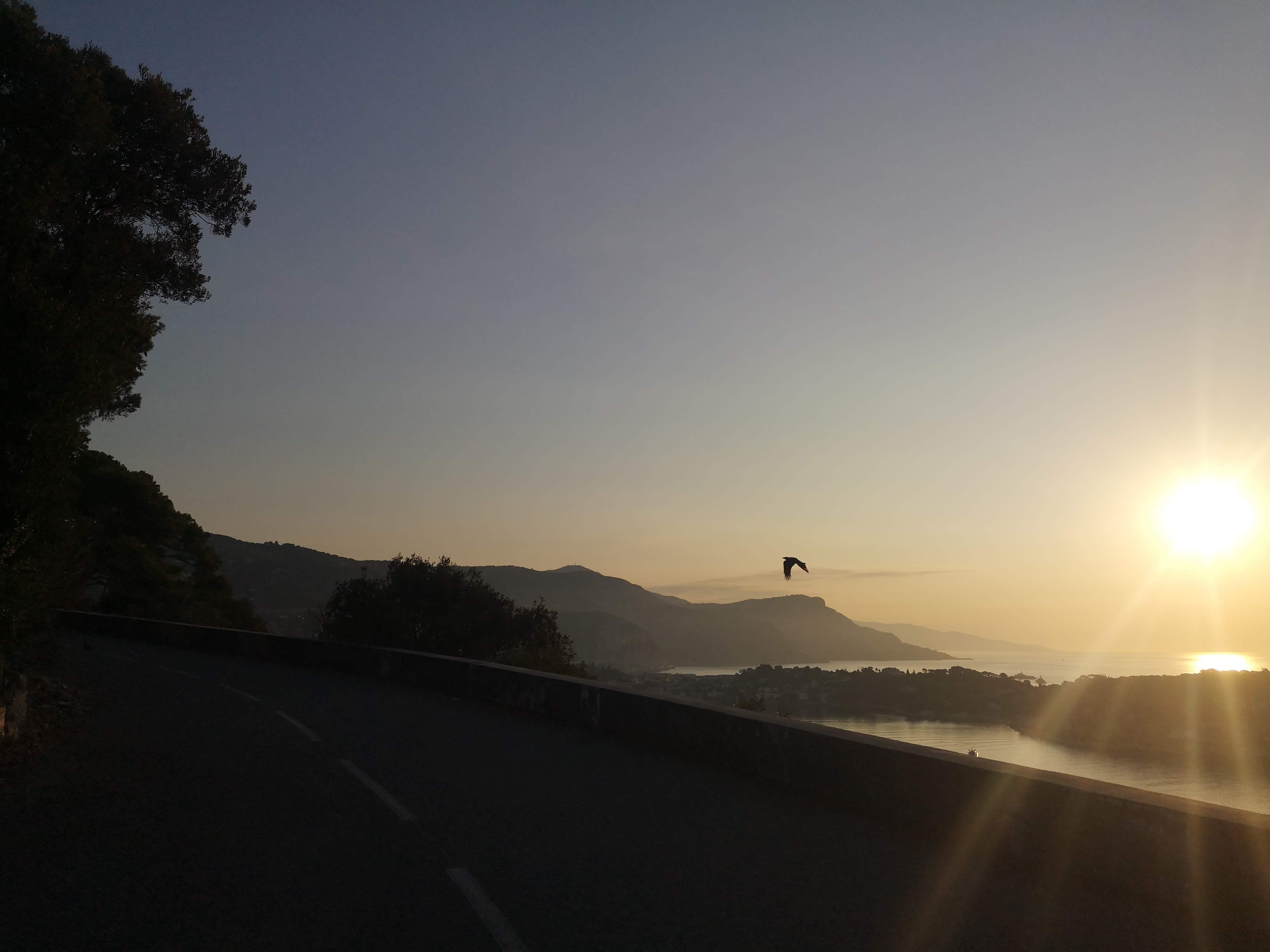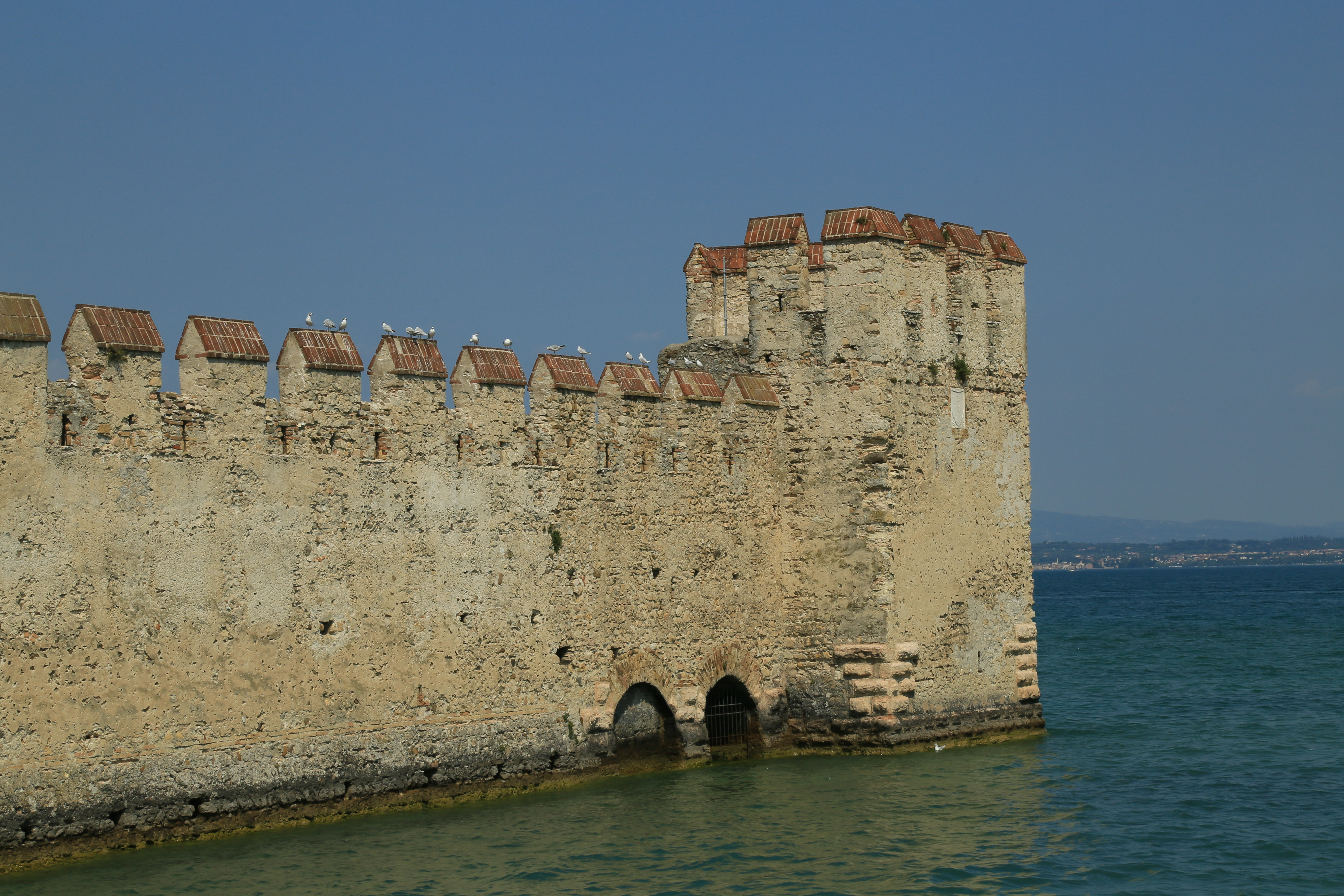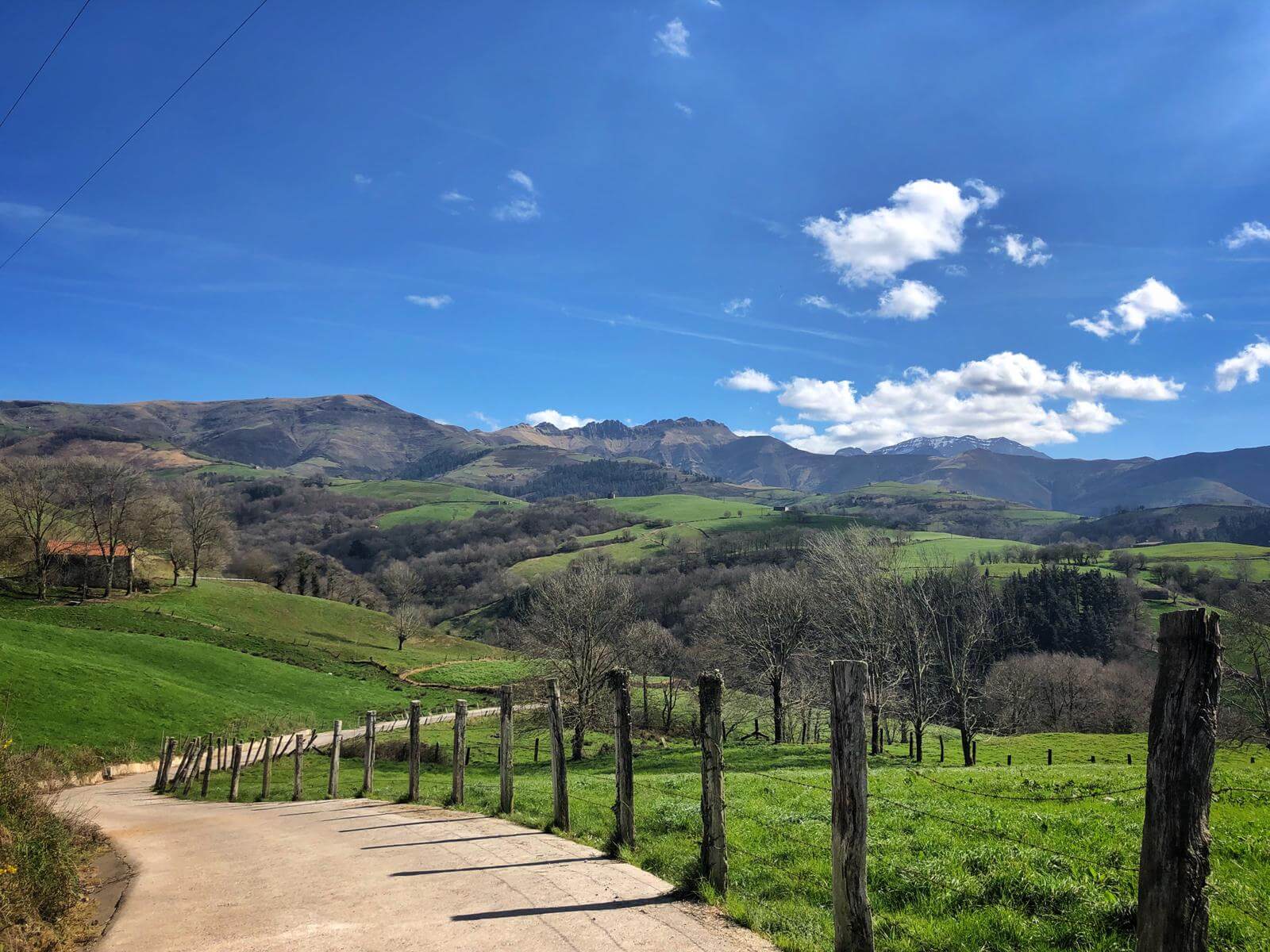“Take the time”… What does it mean for you ? Let’s start with a little challenge : take a pen and piece of paper; on the morrow, put the pen and paper in one of your pockets and every time you say or think “I don’t have time to..” or “I didn’t have time to …”, simply make a note of it. I bet all of you will have at least one mark on your paper, or rather a dozen of them at the end of the day ! How come we all seem to suffer from lack of time ? Is there any remedy ?
Time as such is not
When I first travelled to Asia, I went to China and realized people there had a different vision of what time meant compare to what we thought here in Europe : it seemed to me that in Buddhist culture there was no time but duration, a space / time slot which would be offered to us whereas I was used to an occidental culture where time is an arrow which started back 13.5 billion years ago with the Big Bang and which drives us towards future. This isn’t much far away from how the philosopher Kant viewed time : “Time is therefore merely a subjective condition of our (human) intuition, and in itself, independently of the mind or subject, is nothing” (The Critique of Pure Reason). The only thing that defines time is ourselves, and nothing or no one else : it is our perceptions that make time flies or not, it is our decision to be in a hurry or to take our time.
Our decision
Yes, I’ll say it again : we do decide if we are in a hurry, it’s not about time suddenly shrinking ! How pressing or stressful an event is comes from our decision : even if this event is urgent and important, what makes us transforming it into something stressful ? Take your last commute to work for instance : you had an important meeting at 9am, you planned security margins to be there 30 minutes before but there’s so much traffic, the tube is jammed and not working, your security is slowly eaten by all these unexpected delays. Let’s run a little analysis of the situation : your meeting is urgent and important, you have no control over the delays, you have control over your breath and muscles. You have several options : changing the itinerary and being stressed, changing the itinerary without being stressed, keeping the same route and being stressed, or keeping the same route without being stressed. You can either keep your energy to run faster or spend your energy stressing out (speeding up your heartrate, sweating, making nervous movements). Being anxious or stressed is a choice, your choice. And that is a very good news, because it means you can decide on being stressed or not ! How we react to events, not the events themselves, gives us the feeling we lack time or have time.
By managing how we react to events, mainly by not spending energy worrying or stressing about incoming to-do lists or events, we’ll spare us some negative energy lost doing nothing but stressing and we’ll spare us a heavy mental load.
We are our own watchmaker and timekeeper
We can decide on how we react to events happening around us, and thus we can also manage how we let the events happening around us organize themselves and which impact they have on us. So, how do you do that ?
- Firstly, there is a category of events which have nothing to do in our daily concerns : the events which don’t depend on us. Take for instance the color of the nail polish of your neighbor, you can’t do much about it so why not simply putting the thought aside and not thinking about it at all ? On the same line, you can’t do much about how your friend reacted to your last phone call, so rather than ruminating and overthinking about it, why not simply let the thought go away ?
- Once you’ve taken out these unmanageable events out of your concern, only the events you have the opportunity to influence remain. Let’s face it, you have to take into account the fact that your days only have 24 hours and that you only have one brain (it might be powerful but you only have one of it !).
When on the abyss a sun rests, pure
Works of an eternal cause,
The time sparkles and the dream is to know.
Paul Valéry, The Graveyard by the Sea
This excerpt from The graveyard by the sea reminds me that when I take time to contemplate what I have to do, to look at it without the emotions that might go with it (and this often requires to first acknowledge the emotions and then look at the situation without the emotions!), I then see some windows for more freedom and, surprisingly, for more time ! Well, it’s not that surprising. Planning, or organizing has been a great way to have more time in my days : it forces me first to bail out of my to-do list the actions / events I have no influence on; then, once I’ve decided on an order and a timeslot to act on all the other actions left, I don’t need to think about it anymore, I simply have to act. It takes a lot of mental heavy load off. By planning my day ahead, I’ve given myself the freedom to choose on what to do and I’ve freed myself from the constant worry of wondering if I should rather be doing this or that instead. I’m then more focused and.. more efficient / faster at doing the task !
Thus, rather than trying to do more things and to do them faster, maybe we should try to be more mindful about which tasks we ask ourselves to do (stop trying to influence on events that don’t depend on us !) and be more efficient in managing how we go from one task to the other. You don’t expect to have time (to do more things), you take time (to allow one timeslot for each task), simple as that.






